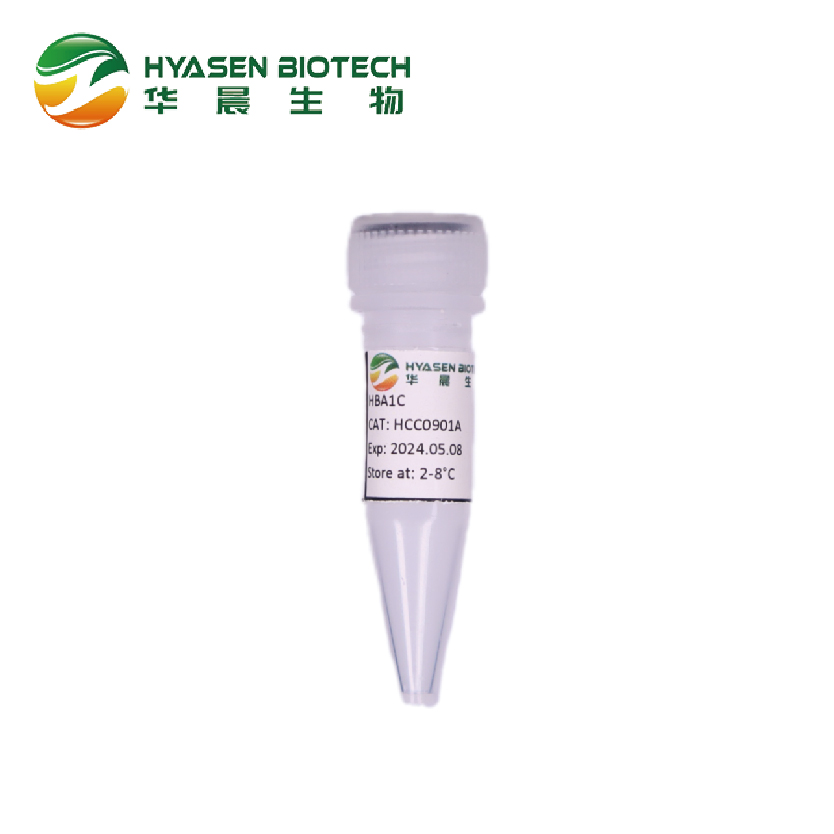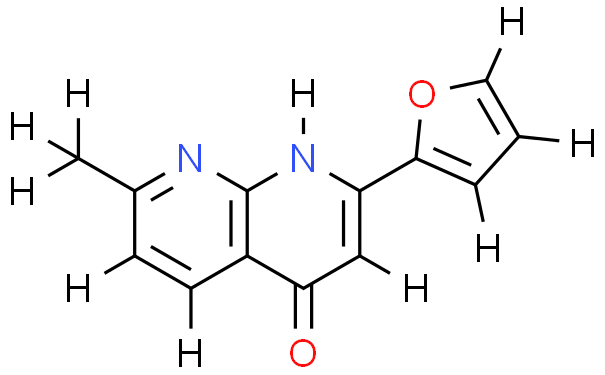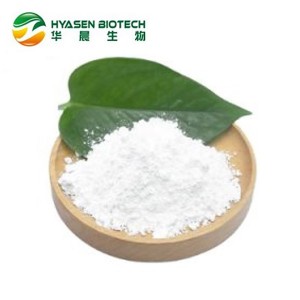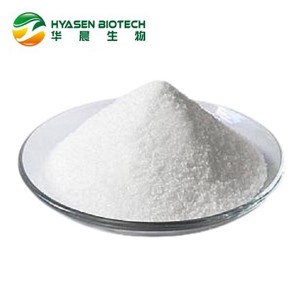
Glycohemoglobin A1c ( HbA1c) Test Kit
Advantages
● High accuracy
● Strong anti-interference capability
● Good stability
Chemical Structure

Applications
In vitro test for the quantitative determination of HbA1c concentration in human whole blood on photometric systems. HbA1c is a product of hemoglobin (Hb) that produces a slow and continuous non-enzymatic glycation reaction under high blood glucose. Glucose modifies hemoglobin specifically in its n-terminal valine residue to form glycated hemoglobin. Under normal physiological conditions, the production of non-enzymatic glycosylation reaction products is positively proportional to the concentration of reactants. Since hemoglobin concentration remains relatively stable, glycosylation levels are mainly dependent on glucose concentration and are also related to the length of hemoglobin and glucose exposure. Therefore, HbA1c is a good indicator to the average blood glucose level of patients for the last 2~3 months.
Principle
Under the action of protease, the n-terminal of β chain in HbA1c is cut off and glycosylated dipeptides are released. In the first reaction, Hb concentration can be obtained by measuring the absorbance of 480 nm. In the second reaction, fructosyl peptide oxidase (FPOX) acts on glycosylated dipeptides to generate hydrogen peroxide which can react with chromogenic agents to generate a absorbance at 660nm in the presence of peroxidase, then the concentration of HbA1c can be obtained by measuring the absorbance of 660nm. According to the obtained HbA1c concentration and Hb concentration, the percentage of HbA1c(HbA1c%) can be calculated.
Applicable
Hitachi 7180/7170/7060/7600 automatic biochemical analyser、Abbot 16000、OLYMPUS AU640automatic biochemical analyser
Reagents
| Components | Concentrations |
| Reagent 1(R1) | |
| Good’s buffer | 100mmol/L |
| PRK | 500KU/L |
| DA-67 | 10mmol/L |
| Reagents 2(R2) | |
| Good’s buffer | 100mmol/L |
| Fructosyl peptide oxidase | 50 KU/L |
| Reagent 3(R3) | |
| Good’s buffer | 100mmol/L |
Transportation and storage
Transportation: Ambient
Storage and Stability:
Up to expiration date indicated on the label, when stored unopened at 2-8℃ and protected from light. Once opened, the reagents are stable for 28 days when refrigerated on the analyzer or refrigerator.
Contamination of the reagents must be avoided. Do not freeze the reagents.
Once dissolved, the calibrator are stable for 15 days at 2–8℃, the control are stable for 7 days at 2–8℃,do not freeze.
Shelf Life: 1 year














